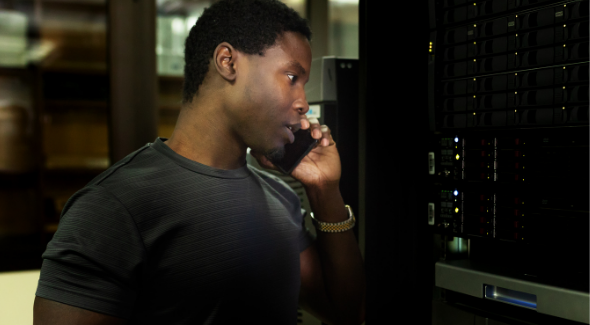New Hanover Regional Medical Center has a reputation for being a great hospital, but it would be a mistake to think that its success was left to chance. Ironically, its reputation in part has nothing to do with the quality of doctors who may perform miracles within its facilities daily. Most hospitals around the country have excellent doctors, but not all enjoy the same status. Proficient medical professionals and a high success rate are essential requirements for a hospital, yet these are not the sole reason for accolade. What makes a hospital like NHRMC special is its culture.
Last week, my young daughter was admitted for outpatient surgery. From the ambassador that greeted our family in the lobby, to the staff who constantly impressed hope in others, to the army of volunteers proud to be a part of the team, and to the nurses who care rather than just provide care: everyone that serves the hospital system is focused on the details.
Now, many in the region have always complimented the hospital and noted it to be an operation that has the details under control. And having details under control means the necessary bandwidth exists to allow staff to focus on priorities, which include the challenging task of gathering and retaining a team of first-class physicians and specialists. Winners, which include the physicians that cared for my daughter, have their pick of where they want to work. Time and time again, these individuals always choose to be part of a winning culture.
After spending the day in a first-class health care facility, I could not help but think about industries that could learn a lesson from those in which culture is at the core of its mission. Many companies miss the point of delivering their services while still considering the happiness that comes along with the satisfaction of doing good business. It didn’t take long to focus on an obvious choice for an industry in need of a cultural overhaul: the air transportation business. The list of complaints that the average traveler can name rivals in length that of a standard CVS receipt. (We’ll shelf that for a different article.)
One could argue that winning cultures are the center of everything. A lot of colleges and universities around the world have recently discovered this secret, and it’s one that many institutions have started trotting out as its admissions center piece.
The reality is, the era of those who believe their service is worth more than the opinion of those who use it is over. The only thing sustaining the existence of these businesses is the lack of a disrupter. What these industries are overlooking, however, is that disruptors seem to come from nowhere.
Consider the sharing economy. Airbnb listings are now challenged by homeowner associations and residential historic districts in cities across America. Despite how much politics is leveraged behind keeping Uber out of communities, there is no suppressing the displeasure that people express with riding in a taxi cab. (One could argue that the only difference between being in the back of a taxi cab in NYC and being arrested is that they let you out after the taxi ride!) Locked in a very confined space, paying someone for a ride while seated behind a bullet proof glass: The licensed controlled cab monopoly allows service license holders to create ever increasing rules and provide ever decreasing quality to riders because the drivers have the ear of the administrators, and the riders don’t. This is the opposite of the culture that the local hospital system embraces.
Are we creating rules in colleges that follow the same pattern? Are we a licensed monopoly subjecting our students to decisions that are better for the business than for them? We’ve seen institutions do exactly that, and we’ve had the pleasure of serving as administrators at one institution that thrived on a customer-centric culture. It is healthy to ask the question poised herein. Changing course is as simple as deciding to work differently.
We should all be inspired to work by the words posted by Sam, the Starbucks barista at New Hanover Regional Medical Center. In her store, where she served me as if I were at the most prestigious Starbucks location in the world, a placard read, “Therefore encourage one another and build each other up.” We should continue to work to build each other up, not simply try to keep everyone in line.




